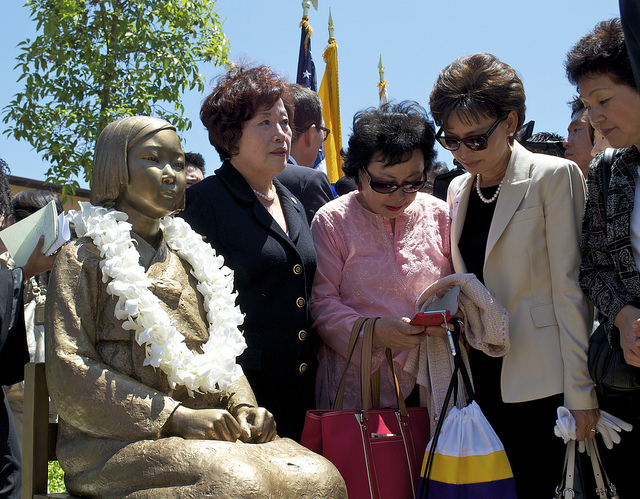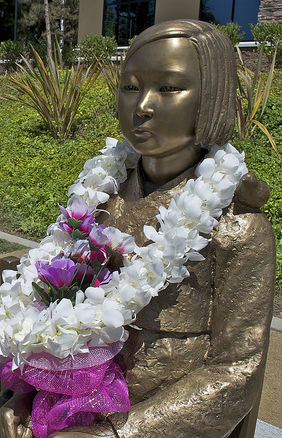Egyptian Policeman Receives Life Sentence for Raping Disabled Girl in Police Station
/CAIRO, Egypt - According to the activist Engy Ghozlan of the Egyptian Center for Women's Rights (ECWR), nearly 200,000 rapes occur annually in Egypt. This figure was presented in response to a 2008 U.N. report which quoted Egypt's Interior Ministry's figure which was significantly less. (Source: ECWR).
As in many countries rapes in Egypt are one of the most under-reported crimes, and until recently, many perpetrators weren't brought to trial because of lack of interests or cultural biases which blamed the woman for allowing herself to be raped.
In August 2014, a 17-year-old mentally disabled teenage girl walked into the Imbaba Police Station in Cairo's low-income neighbourhood of Imbaba to report her abduction by two men earlier that day. Instead of receiving just consideration of her charges, or even for the police to initiate an investigation, Khaled Abdel-Rahman Mohamed, the policeman on duty, inexplicably locked the teenager a cell.
Other female prisoners confirmed the testimony of the girl in which she stated that she was subsequently taken forcibly from the cell by Mohamed ostensibly for further questioning. It is alleged that he dragged her by her hair and raped her in the corner of the station. Two women in an adjacent jail cell watched the assault through a crack in the cell door. A camera also bore silent witness to the girl's ordeal and was crucial to proving the guilt of the officer.
Egyptian law permits rapists to be sentenced to death for the rape of any female under the age of 18; however, on 7 June 2015 the court sentenced Mohamed to life in prison.















